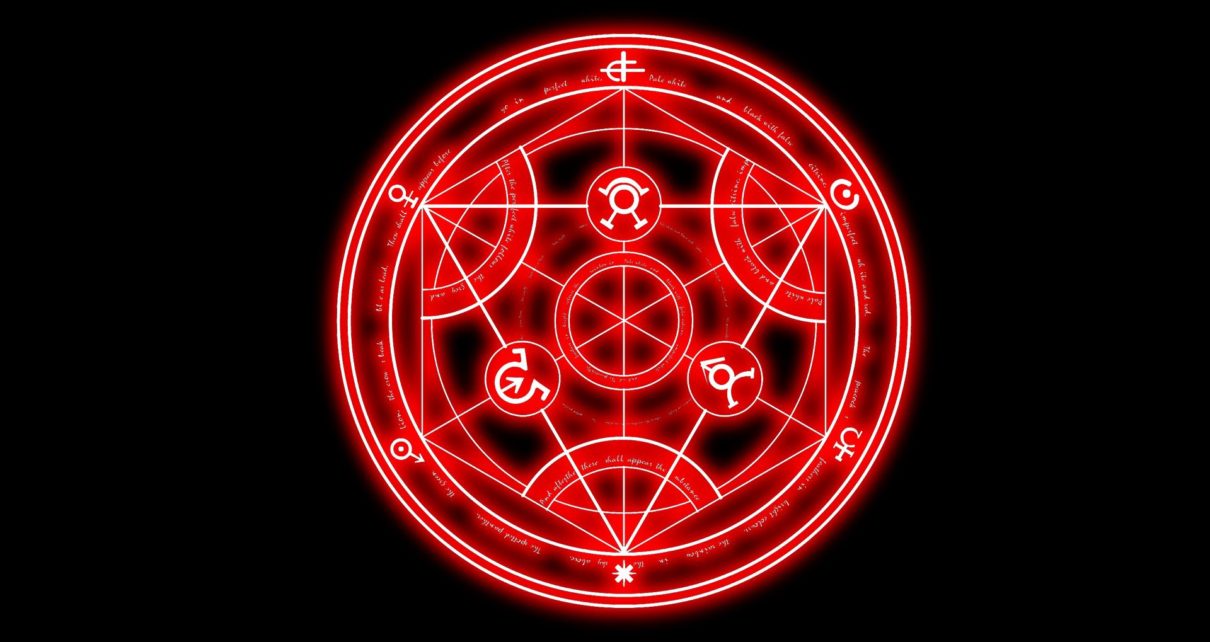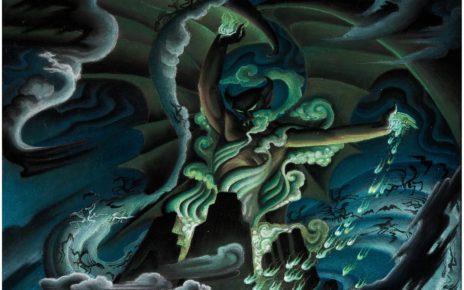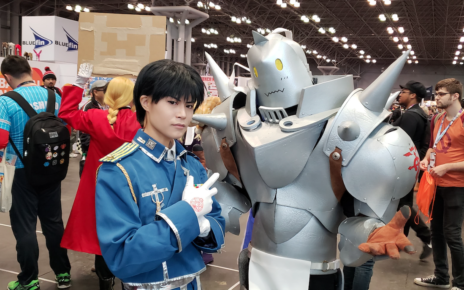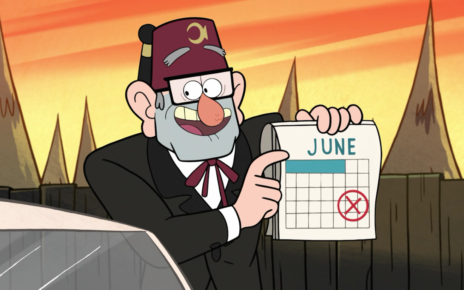“Humankind cannot gain anything without first giving something in return.”
This is the law of equivalent exchange, as defined early in Fullmetal Alchemist: Brotherhood. It governs the laws of alchemy, the show’s highest form of science, and much of the series: energy cannot be destroyed or created, only transmuted or replaced with something of equivalent worth. It’s the story’s version of the “price of magic,” its way of allowing characters to perform what is effectively sorcery in an otherwise near-realistic turn-of-the-twentieth-century setting. The power must obey this rule.
Equivalent exchange is how Edward Elric, following a botched alchemical experiment, exchanges his limb for his brother Alphonse’s soul. (But not his body. Admittedly, the meaning of “equivalence” is an elusive thing throughout the story.) Ed and Al had tried to transmute their dead mother with the physical components of a human and their DNA, you see, and it backfired catastrophically—robbing Ed of his left leg and Al of his entire body. The price had not been paid.
That is to say, we are not a sum of our parts. Humans aren’t made of discrete ingredients and neither, ultimately, is anything else. I mean, they are, but they aren’t only. As Ed and Al discover in their training, “one is all, all is one.” We are as powerful as the stars, as insignificant as the soil, as much a part of this universe as the trees and the vastness of space. We can’t be measured, and any system that seeks to manipulate that truth needs to first understand it.
By the end of the series (spoilers, obviously), this very principle is turned on its head in the sweetest and most face-palming way. Ed, after undergoing some major trauma, still cannot bring himself to tell his childhood sweetheart he’s in love with her. Even though he has given up his ability to perform alchemy, he still can only communicate in the language of his trade: “I’ll give you half of my life if you give me half of yours.” An exasperated Winry calls the adage absolute nonsense, then says: “Never mind half. I’ll give you all of it.” Embarrassed, she clarifies, stammering out “not all of it!” and proceeding to try to land on an appropriate percentage.

As perfectly clunky and ridiculous as their conversation is, I love that it deconstructs the principle Ed has lived by for so many years. “Winry,” he replies, doubling over in helpless laughter, “you really are amazing. To turn the rule on its ear, just like that.” With this reaction, Ed admits what’s always been too true: in so many ways, she’s a lot smarter than him. And he’s willing to listen.
There is no equivalent exchange when it comes to love, life, or each other. In any kind of relationship, you can never truly pay anyone back. There is no convenient currency to barter with those who love us. Both Ed and Al give up everything for the other—and they wind up right where they started, though with a truer sense of what it means to be human, and to love.
Each human being is just water, carbon, salt, iron, a handful of other ingredients, and everything we have ever felt. Every life we have ever changed. Every mistake we have ever made. Every person we can’t save. Every choice we can’t change.
You can’t atone for what you’ve done. You won’t be rewarded for it, either, not in any sort of equivalent form. There is only the road ahead. The drive to keep learning, to do better, to bear the messiness it takes to keep on and gather the heartaches and small miracles you come across along the way. Sunsets, the wind on your skin, the harm you cause and good you’ll do, the risks you’ll take, everyone you’ve ever held or forsaken or made to feel alive—that, in itself, is a kind of magic.
Thanks for reading The Dot and Line, where we talk about animation of all kinds. Don’t forget to follow us on Twitter and sign up for our newsletter.






